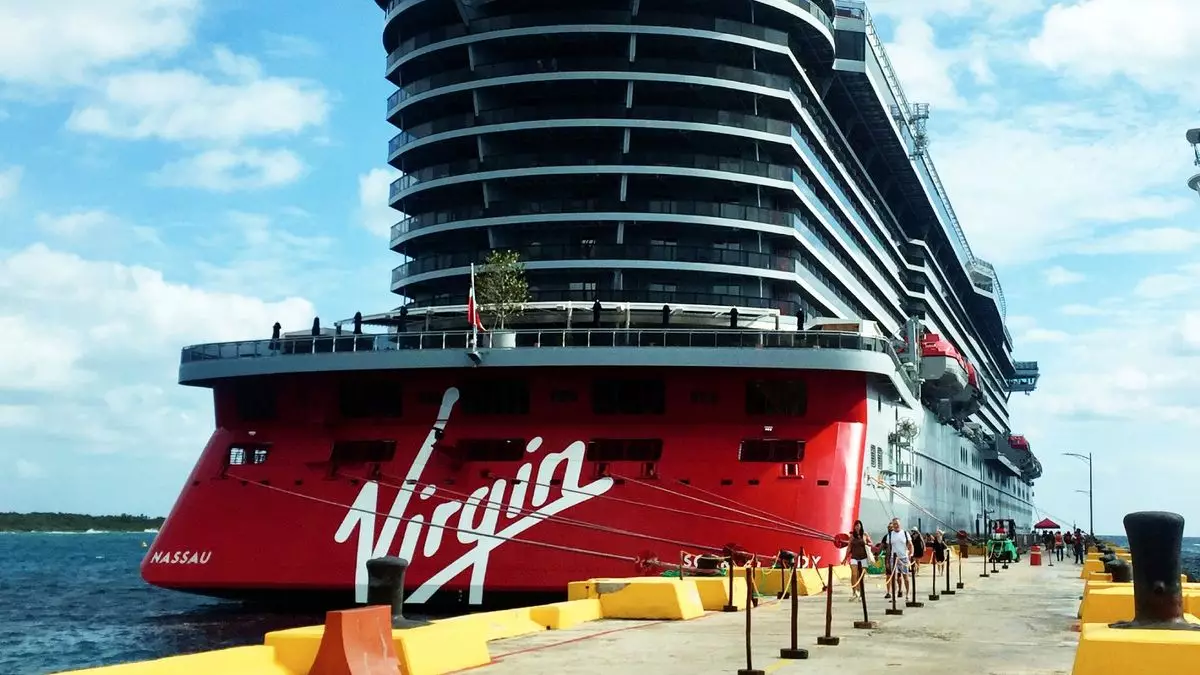The recent decision by Mexico’s lower house of Congress to impose a $42 immigration levy on each cruise passenger has sent shockwaves through the cruise ship industry. This unforeseen tax not only raises questions about the financial implications for the cruise market in Mexico but also sparks a broader discussion about the nation’s approach to tourism and revenue generation.
The Implications for Cruise Industry Competitiveness
Critics, particularly the Mexican Association of Shipping Agents, have voiced their concerns, arguing that this new tax threatens Mexico’s standing as a premier cruise destination in the Caribbean. With two-thirds of the revenue from this immigration fee earmarked for the Mexican military, industry stakeholders are questioning the rationale behind funneling funds away from port improvements and into defense spending. The potential outcome is dire: Mexican ports might become some of the priciest stops on cruise itineraries, driving both consumers and cruise lines to reconsider their options, possibly favoring more cost-effective ports in the region.
Historically, cruise passengers have enjoyed exemption from immigration fees given their unique circumstances—often remaining onboard the ship or spending minimal time ashore. The current legislative changes would challenge this precedent, affecting the overall experience for travelers. The introduction of such a fee could lead to dissatisfaction, especially if passengers feel their vacation choices are being dictated by financial burdens rather than leisure and enjoyment. As the cruise industry seeks to recover from the setbacks of the COVID-19 pandemic, measures like these could deter potential visitors who may now view Mexico as a less attractive option compared to other Caribbean destinations.
In recent years, the discussion surrounding overtourism has intensified globally, leading to calls for stricter regulations on cruise ships. However, Mexico’s Caribbean coast seems to be expanding its cruise services without fully considering the long-term consequences. The region, particularly Cozumel, has consistently ranked as one of the world’s busiest cruise ports, bringing in roughly 4 million visitors annually. While economic benefits are undeniable, questions surrounding environmental sustainability and community impact are becoming increasingly pressing. Mexico’s decision to impose fees on cruise passengers may represent a desperate attempt to balance financial benefits with the responsibilities that come from mass tourism.
The new immigration levy proposed by Mexico’s Congress represents a significant turning point for the country’s cruise industry. As stakeholders grapple with the potential fallout, it invites a larger conversation about sustainable tourism practices, economic priorities, and the importance of maintaining Mexico’s reputation as a top travel destination. The coming months will be telling as the Senate deliberates this measure and the international cruise community watches closely, weighing Mexico’s policies against those of competing destinations. Will the financial gain prove beneficial, or will it act as a deterrent that ultimately diminishes the charm and accessibility of Mexico’s ports? Only time will tell.


Leave a Reply